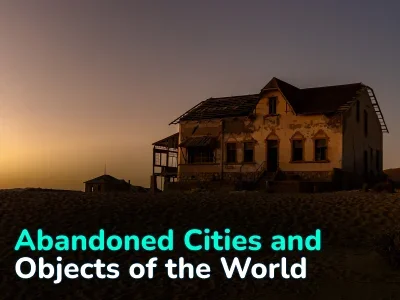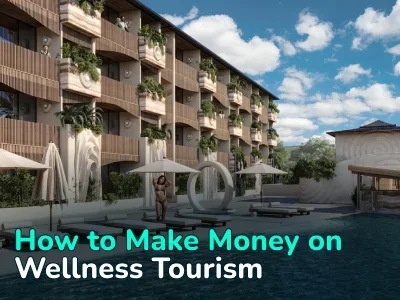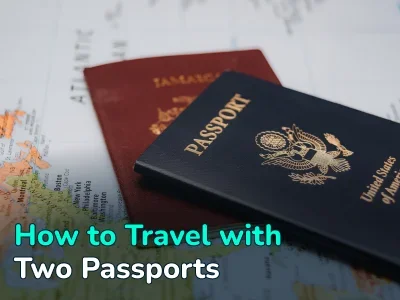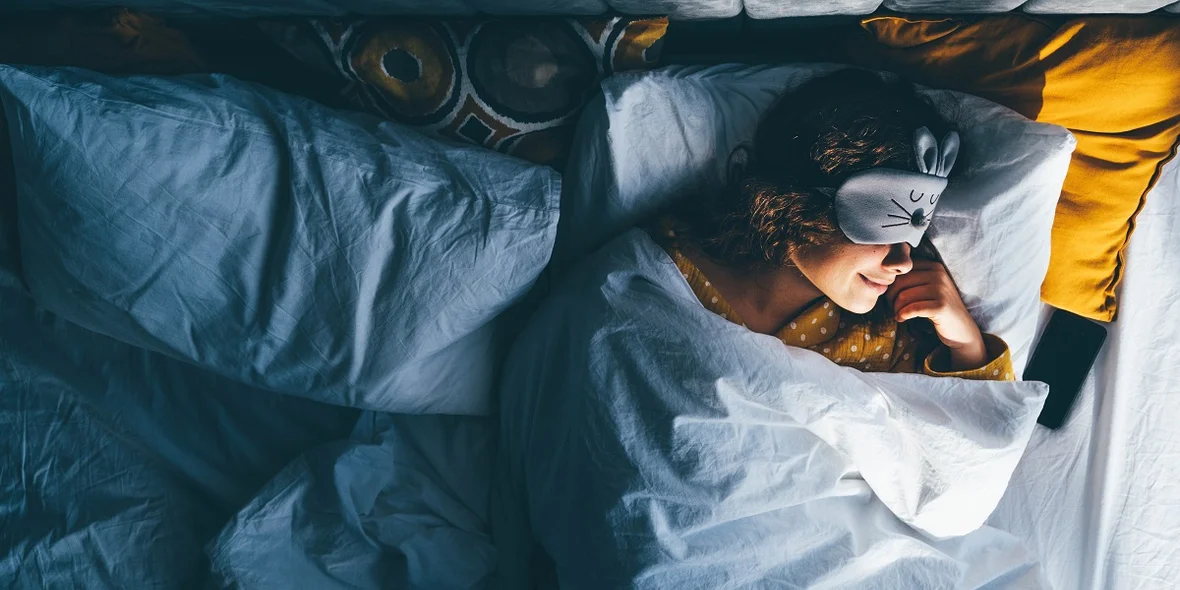
Need a good night's sleep? Sleep tourism — a new trend in travelling
To improve the quality of sleep on vacation and return home refreshed—sounds exciting and somehow unrealistic? Meanwhile, a new trend has appeared in the travel and tourism industry, and its name is sleep tourism. Read more about it in our text.
How and why did sleep-tourism come about?
Sleep is a very important part of our lives. In addition to fatigue, a lack of sleep can cause many other problems: anxiety, depression, mood swings, obesity, etc. Everyone seems to know this, yet it is becoming increasingly difficult to get a good night’s sleep—approximately 35% of people report sleeping less than 7 hours in a 24-hour period.
The pandemic has made people aware of the importance of sleep again and placed an emphasis on it. It is only in recent years that hotels, resorts, and vacation centers around the world have begun to focus on a good night’s sleep. And most importantly, there are more and more sleep-oriented travelers in the world themselves—there has been a huge shift in our collective consciousness over the years.
What problems are solved (and how) by sleep tourism
The goals of sleep tourism are:
- optimizing sleep and developing appropriate habits;
- restoring strength;
- awareness of the importance of sleep and self-care.
What tools help achieve these goals?
Here are some important attributes of sleep tourism: quality bedding, beds, and pillows; specially designed spa treatments; food and drinks that improve sleep; circadian lighting; minimizing noise in the room; new generation bedside electronics; essential oils; special sleep masks; meditation tapes; yoga.
Important. Journeys based on «healthy sleep strategies» will prove to be really useful under two conditions: 1) Specialists who know their business (so-called «sleep concierges») should help develop the program for such «retreats;» 2) Guests should have no untreated sleep disorders (sleep apnea, restless legs syndrome, insomnia)—first, you should deal with these underlying problems, and then bring your habits and regime into order.
Cases (places offering sleep-tourism)
1. Zedwell is London’s first sleep-oriented hotel. It opened in early 2020.
The hotel rooms are innovatively soundproofed; there are no distractions inside (TV, etc.), and balanced meals, a gym, and spiritual practices are also at your service here.
Rates start at $130 per night.
2. The five-star Park Hyatt New York has opened the Bryte Restorative Sleep Suite. This is a large room filled with sleep-enhancing amenities.
The bed in this suite dynamically adjusts to reduce pressure points and control the climate at different stages of sleep. Guests can save their sleep preferences and connect to their personal profile when they return to the room. A signature blend of «Sleep» essential oils, sleep masks, and a collection of sleep books are also available.
The cost is $2,032 per night.
3. The world’s first boutique hotel, Hästens Sleep Spa, was opened by Swedish bed manufacturer Hastens. It is a 15-room hotel in the Portuguese city of Coimbra.
The cost is $500 per night.
4. Castle Hot Springs Hotel in Arizona focuses on geothermal springs and their beneficial effects on sleep.
In 2023, the hotel has prepared a special «SLEEP RETREAT.» They will help guests delve into the science of sleep with expert Rebecca Robbins; in addition to lectures, there will be time to bathe in the springs, do meditation, yoga, etc.
The cost of the retreat is $2125 per night (stateroom with sky view).
5. Six Senses Ibiza is a hotel that positions the island of Ibiza as a health destination.
The hotel’s sleep program combines continuous sleep tracking as well as practices such as yoga nidra, meditation, therapy, massage, and low-intensity exercises.
The cost is $756 per night (Deluxe Room).
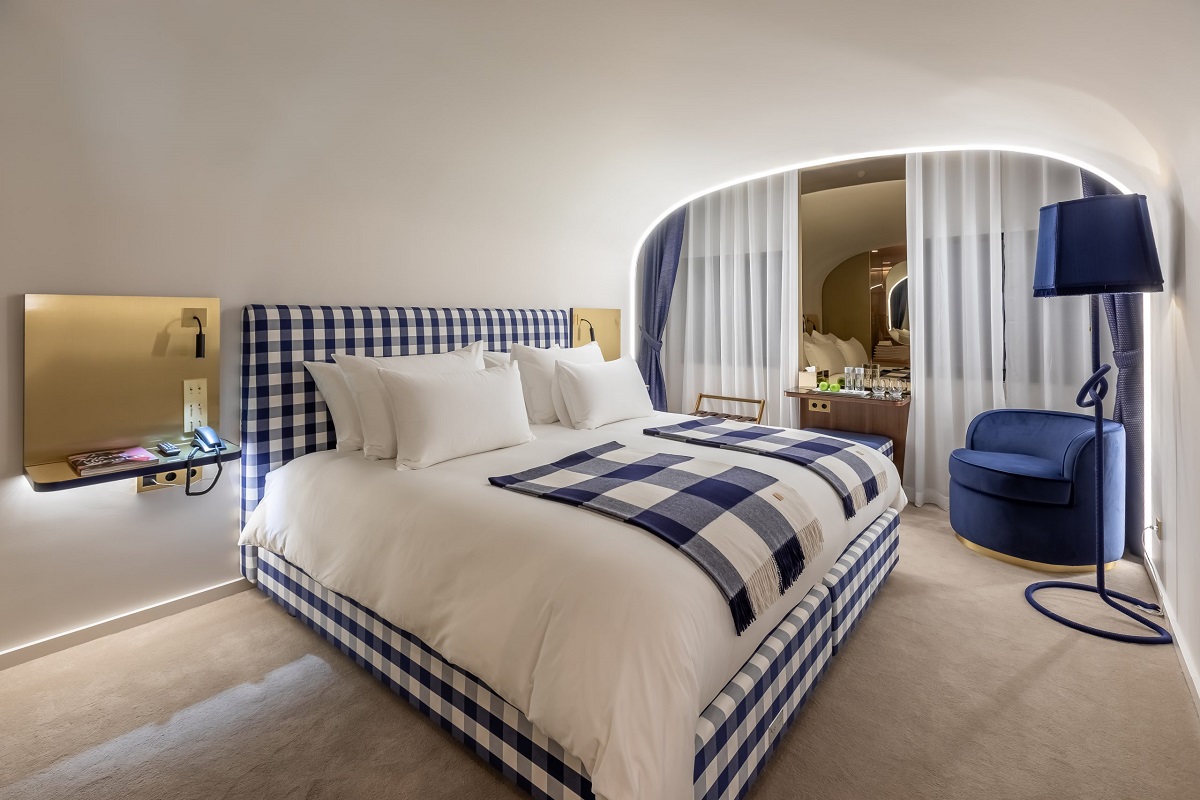
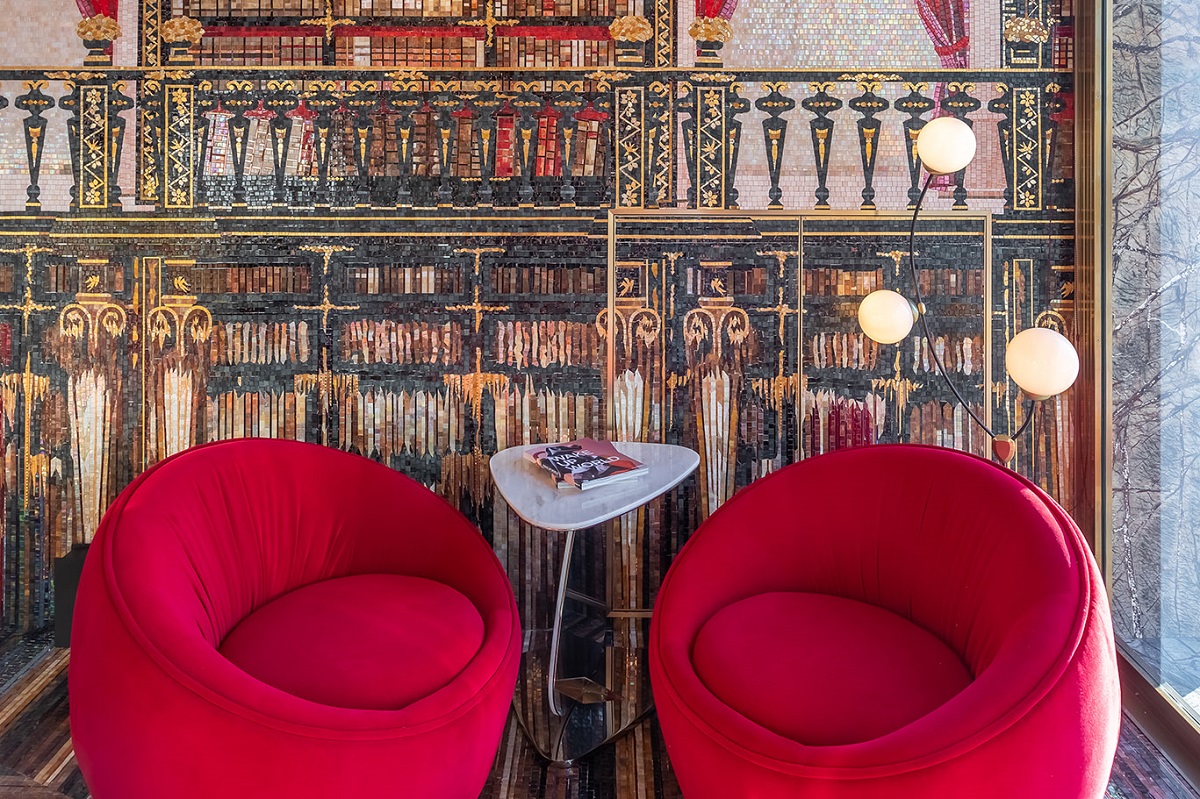
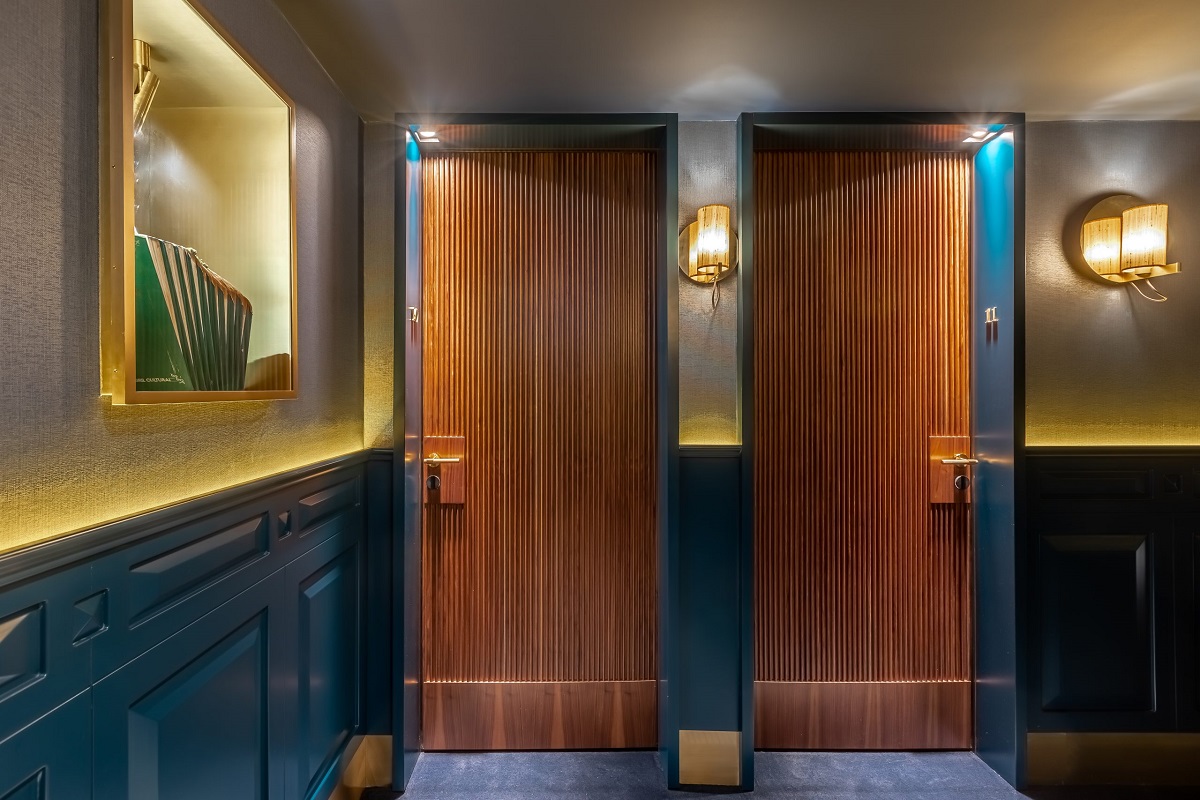
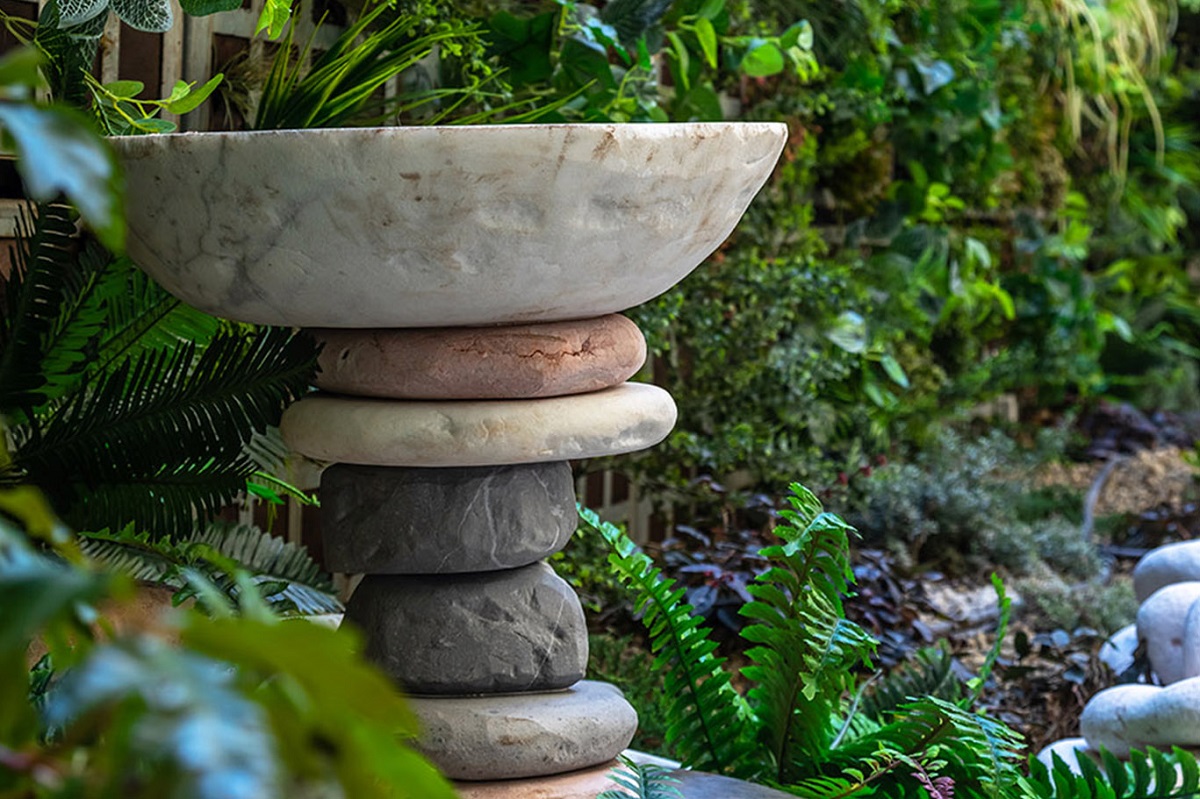

Photos: Hästens Sleep Spa; Castle Hot Springs.
Author
I am responsible for editorial work. I write expert interviews and guides.

















